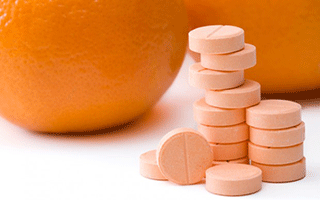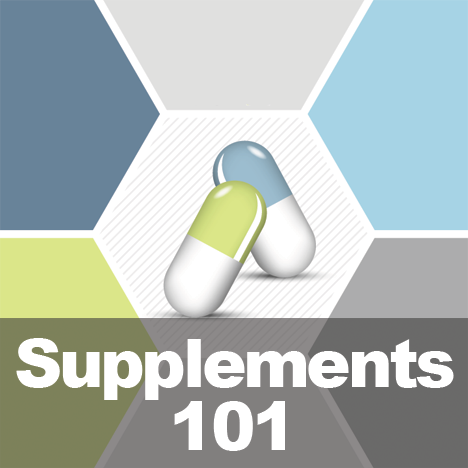
Taking Vitamin C Supplements
If Vitamin Supplements were rock stars, Vitamin C, aka L-ascorbic acid, would be the King of them all. On second thought, perhaps the rock star analogy isn’t the best example, for unlike most rock music, it’s hard to get too much Vitamin C.
In other words, Vitamin C is an amazing cure-all that will work wonders in large, therapeutic amounts with a remarkably low toxicity level. While some rock stars will overdose on other “supplements”, they don’t stand a good chance at overdosing when taking Vitamin C supplements. However, to say there are no possible adverse side effects from taking Vitamin C supplements of high dosage is not true. As with all substances ingested in the human body, Vitamin C supplementation should always be monitored.
Most people know about Vitamin C and it’s role in treating the common cold, although the extent of this knowledge is generally limited to “it’s good to take Vitamin C supplements when you have a cold”. The fact of the matter is that routine Vitamin C supplementation does not reduce the incidence the common cold in the general population according to some studies. However, it does reduce symptom severity.
Vitamin C’s primary role is as an antioxidant, aka free radical destroyer, as well as an enzyme (energy activating protein) cofactor in the biosynthesis of vital biochemicals in the human body. Normal recommended allowances range from 45 to 95 mg per day, while therapeutic mega-dosages for treating health conditions like the cold are generally recommended at between 200 to 2,000 mg per day.
When taking Vitamin C supplements, it is important to note that – being a water soluble vitamin – much of the supplement is passed through in the urine. This is another reason why it can be taken in higher dosages. Naturally occurring in high dosages in many foods, such as citrus, rose hips, seabuckthorn, kiwi fruit, broccoli and brussel sprouts (to name a few), proper amounts of Vitamin C can be obtained with a healthy diet. However, the overcooking of foods can greatly reduce the salubrious properties of Vitamin C.
To ensure you are getting adequate amounts of Vitamin C, especially during times of sickness, Vitamin C supplements are the way to go. Whole food source of Vitamin C, as opposed to pharmaceutically derived Vitamin C from starch, are the absolute best Vitamin C supplement available.




